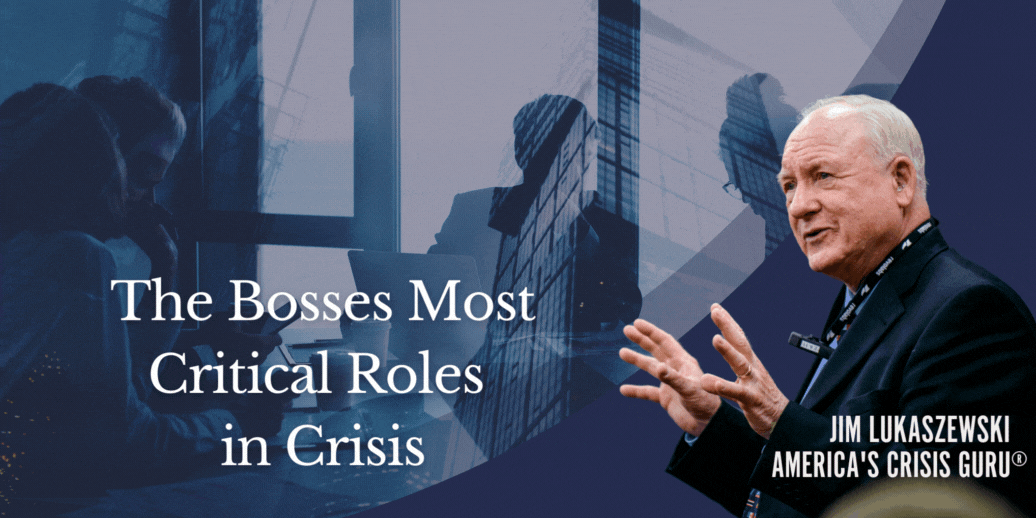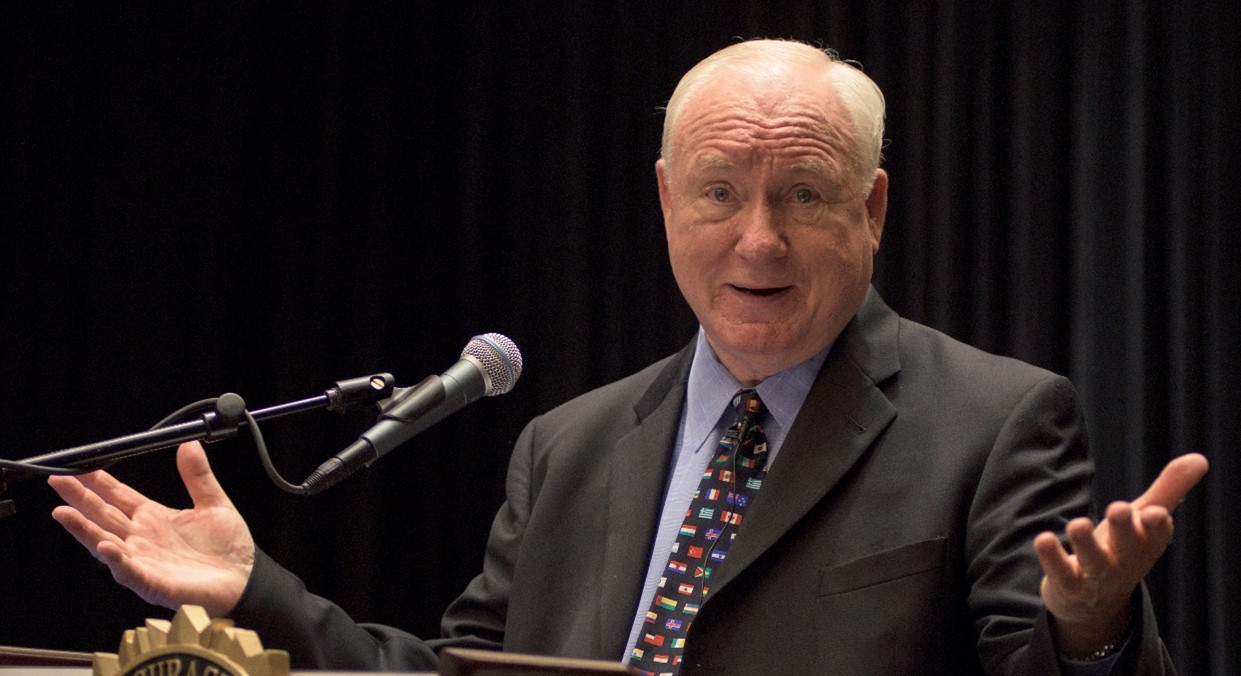Effective crisis responses are led by leaders with five specific personal and operational roles in crisis situations.
- Assert the moral authority expected of ethical leadership.
- Leadership takes appropriate and expected steps to learn from and deal with the issues crises situations raise, very promptly.
- Moral authority consists of:
- Candor and disclosure.
- Prompt patient explanation.
- Commitment to communicate.
- Oversite with empathy.
- Commitment to zero errors, victimizations, and avoidable mistakes.
- Restitution, penance, or at least maintenance while victim issues are resolved.
- Take responsibility for the care of victims.
- Victims and victimization provide the energy that makes these situations so explosive, highly emotional, and unpredictable.
- Taking responsibility for victims moderates and mitigates the emotion of crisis events.
- Yes, it can be interpreted as taking responsibility. Just clearly explain the extent and duration of your assistance. Simply ignoring victims creates a raft of new complications and blame shifting towards you.
- Set the appropriate tone for the organizational response.
- If leadership gripes and groans, everybody gripes and groans.
- If leaders whine, everybody whines.
- Productive, constructive, instructive, and inspirational tone from the top will move the entire organization towards a more prompt resolution of the crisis, limit the impact, and mitigate reputation damage. An empathetic tone reduces the tension and stress victims feel.
- Set the organizations emotional voice.
- Be compassionate.
- Be helpful.
- Be courteous.
- Stop taking events, comments, and commentary personally.
- Communicate regularly directly with victims, survivors, and survivor families.
- Commit random acts of leadership at every level. Teach, encourage, and insist that every level of manager in the organization does the same.
- Walk the floor.
- Talk the floor.
- Encourage people.
- Knock down barriers.
- Help everyone stay focused on the ultimate response goals of the organization.
Silence is a Toxic Mistake to Your Reputation, and Possibly Your Career.
Above all begin communicating immediately. The most frequent, permanent, and avoidable reputation and career damage comes from remaining silent.
There is no believable or rational reason for saying nothing even for a brief period of time. If the crisis response is technically perfect, the leader will be criticized for doing nothing. Excuses for silence never pass the straight-face test. Whatever you do, it turns out that saying nothing means doing nothing. This becomes the legacy of even timely responses when there is failure to communicate.


